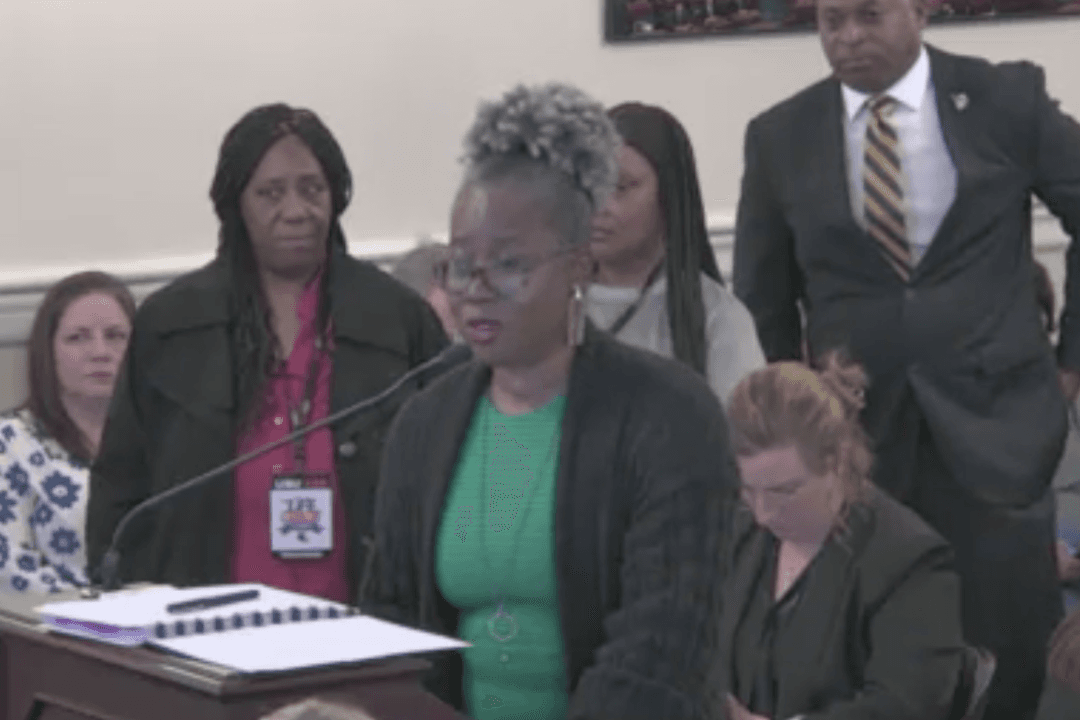Education Success Accounts Bill HB1508 introduced by Education Committee Chair Delegate Glenn Davis was enthusiastically supported by community members, who mostly came to speak in favor of the bill and highlight their children’s struggles, at a Virginia public school.
Before the House Education K-12 Subcommittee voted on the Education Success Accounts (ESA) bill, close to two dozen Virginians, including parents, administrators, and community leaders, came to Richmond to testify in favor of the school choice bill.





